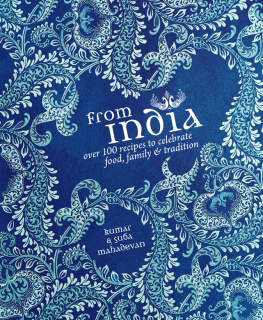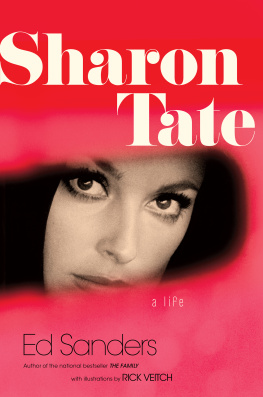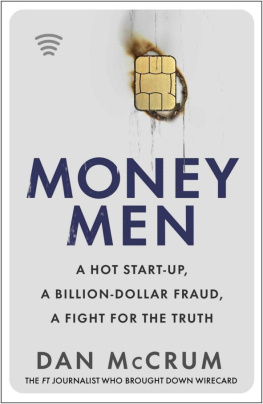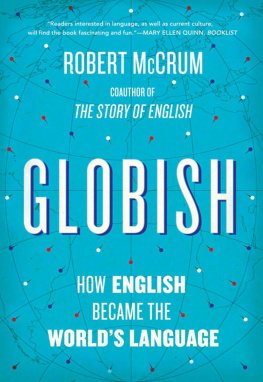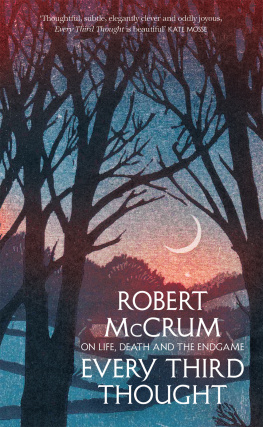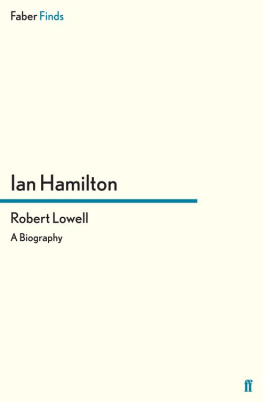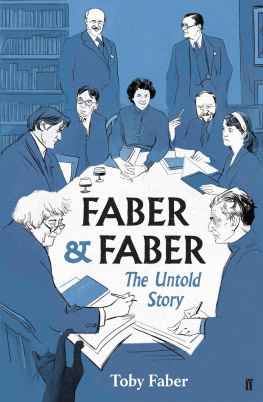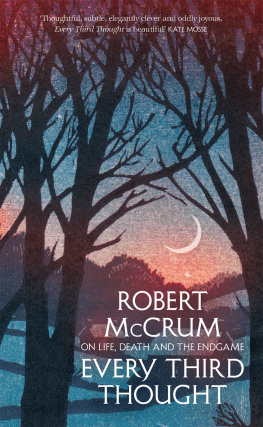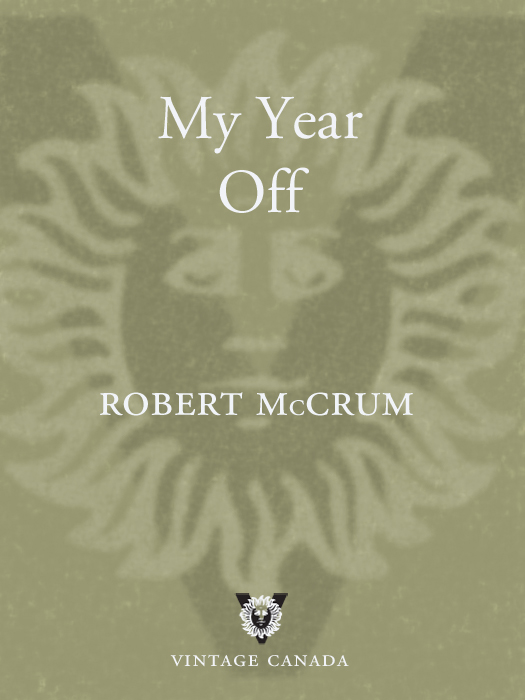Also by Robert McCrum
FICTION
In the Secret State
A Loss of Heart
The Fabulous Englishman
Mainland
The Psychological Moment
Suspicion
NON-FICTION
The Story of English
(with William Cran and Robert MacNeil)
FOR CHILDREN
The World is a Banana
The Brontosaurus Bumper Book
Copyright 1998 by Robert McCrum
All rights reserved under international and Pan Ameria Copyright
Conventions. Published in Canada by Knopf Canada and
simultaneously in the United Kingdom by Picador, an imprint of
Macmillan Publishers Ltd, London and Basingstoke, in 1998.
Distributed by Random House of Canada Limited.
Canadian Cataloguing in Publication Data
McCrum, Robert
My year off: rediscovering life after a stroke
eISBN: 978-0-307-36369-5
1. McCrum, RobertHealth. 2. Cerebrovascular diseasePatients
England Biography. 2. Authors, English 20th century Biography.
1. Title
PR6063.A148Z47 1998 82.914 C98-931237-2
v3.1
TO SARAH
Contents
INTRODUCTION
A Severe Insult to the Brain
INTRODUCTION
A Severe Insult to the Brain
Wo aber Gefahr, wacht das Rettende auch.
(Where danger waits, salvation also lies.)
Friedrich Hlderlin
When I was just forty-two I suffered a severe stroke. Paralysed on my left side and unable to walk, I was confined to hospital for three months, then spent about a year recovering, slowly getting myself back into the world.
When I was seriously ill in hospital, I longed to read a book that would tell me what I might expect in convalescence and also give me something to think about. There are many books about stroke in old age, but I was young and had been vigorous and there was nothing that spoke to me in my distress.
I have written this book to help those who have suffered as I did, and indeed for anyone recovering from what doctors call an insult to the brain. Ive also written it for families and loved ones who, sucked into the vortex of catastrophic illness, find themselves searching for words of encouragement and explanation. People express every kind of sympathy for stroke-sufferers, but the carers are often the forgotten ones. To all concerned, this book is meant to send a ghostly signal across the dark universe of ill-health that says, You are not alone. Its also intended to show those of us who are well what it can be like when our bodies let us down in the midst of the lives we take for granted. Some will say that its a memento mori, and thats undeniable, but I hope that it will also be heartening, especially to those who have given up all hope of recovery. I dont mean to offer false or cheap optimism, but I am saying that, if my example is to be trusted, the brain seems to be an astonishingly resilient organ, and one capable, in certain circumstances, of remarkable recovery.
The other audience for this book is, of course, myself. The consequences of my stroke were simply too colossal to be ignored or shut away in some mental pigeon-hole. Writing the book has been a way to make sense of an extraordinary personal upheaval, whose consequences will be with me until I die. Besides, I am a writer. Communicating experience is what I do, and quite soon after I realized that I was going to survive the initial crisis I also realized that I had been given a story that made most of what Id written previously pale and uninteresting by comparison.
Whatever you, the reader, take away from it, theres no escaping that it is a personal book, my version of an event that changed my life. The philosopher Wittgenstein writes, How small a thought it takes to make a life. Throughout my period of recovery I was often alone with my thoughts. When, finally, I came to record these, this book became the mirror of an enforced season of solitude in the midst of a crowded life. Ive called it My Year Off because, despite the overall grimness of the experience, there were, at every stage, moments of acute irony and, even, of the purest comedy to brighten the prevailing gloom and chase away the clouds of melancholy. P. G. Wodehouse, one of my favourite writers, once said that There are two ways of writing [One is ] a sort of musical comedy without music and ignoring real life altogether; the other is going right deep down into life and not caring a damn. There is, Im afraid, not much musical comedy about having a stroke.
At times, my year off was one of all-pervading slowness, of weeks lived one day, even one hour, at a time, and of life circumscribed by exasperating new restrictions and limitations. The poet Coleridge observed that it is the convalescent who sees the world in its true colours, and, as a convalescent, I have been forced into a renewed acquaintanceship with my body and into the painful realization that I am, like it or not, imprisoned in it. I have learned, in short, that I am not immortal (the fantasy of youth) and yet, strangely, in the process I have been renewed in my understanding of family and, finally, of the only thing that really matters: love.
[1]
One Fine Day
29 July 1995
Things do not change; we change.
Henry Thoreau
My year off began with a headache, a glass of champagne and a question. As it happens, the first two were not connected and the truth is that no one will ever know exactly what happened inside my head on the night of 28/29 July 1995, but probably it went something like this. First, for reasons that are still mysterious, a surreptitious clot began to form in one of my cerebral arteries, cutting off the blood supply to part of the one organ in the body that, next to the heart, is most greedy for blood. Eventually, perhaps some hours later, like a breaking dam, the clot burst into the right side of my brain, causing an uncontrolled bleed that would result in irreversible destruction of the brain tissue deep inside my head.
I was oblivious to this cerebral drama; all I knew was that I had a raging headache, and then, the next morning, that I could hardly move. Overnight, I had suffered what the specialist would call a right hemisphere infarct, and what the world knows as a stroke, a word whose Old English origin connotes a blow and a calamity.
Actually, its a calamity that will befall some 450,000 individuals in North America (including Canada), and 150,000 in Britain each year, but when it happened I was completely ignorant of the affliction that Sherwin B. Nuland, author of How We Die, calls the third most common cause of death in the developed countries of the world.
It was just another bright summer Saturday morning, and here I was in bed, unable to get up alone at home, a four-storey town house in Islington, North London. My wife, Sarah Lyall, a journalist with the New York Times, was away in San Francisco. We had been married scarcely two months, and it was odd to be on my own again. It was odder still to be so helpless, but I was in no pain, and, in retrospect, I realize that I was barely conscious. Downstairs, the grandfather clock was chiming the hour: eight oclock. I could see that beyond the heavy maroon curtains it was a lovely day. Through the open window, the sounds of the street filtered in, sharp and echoey in the stillness of the weekend.
I was supposed to drive to Cambridge that morning to visit my parents. So, time to get up. But there it was I could not move. More accurately, I could not move my left side. Overnight, my body had become a dead weight of nearly fifteen stone. I thrashed about in bed trying, and failing, to sit upright, and wishing Sarah were with me. For some unknown reason, I experienced no anxiety about my condition, just irritation and puzzlement. Why should I, who had recently sailed through a full medical examination, be unable to do as I pleased?






